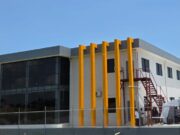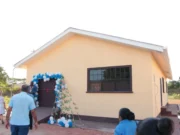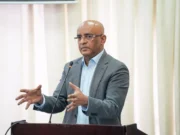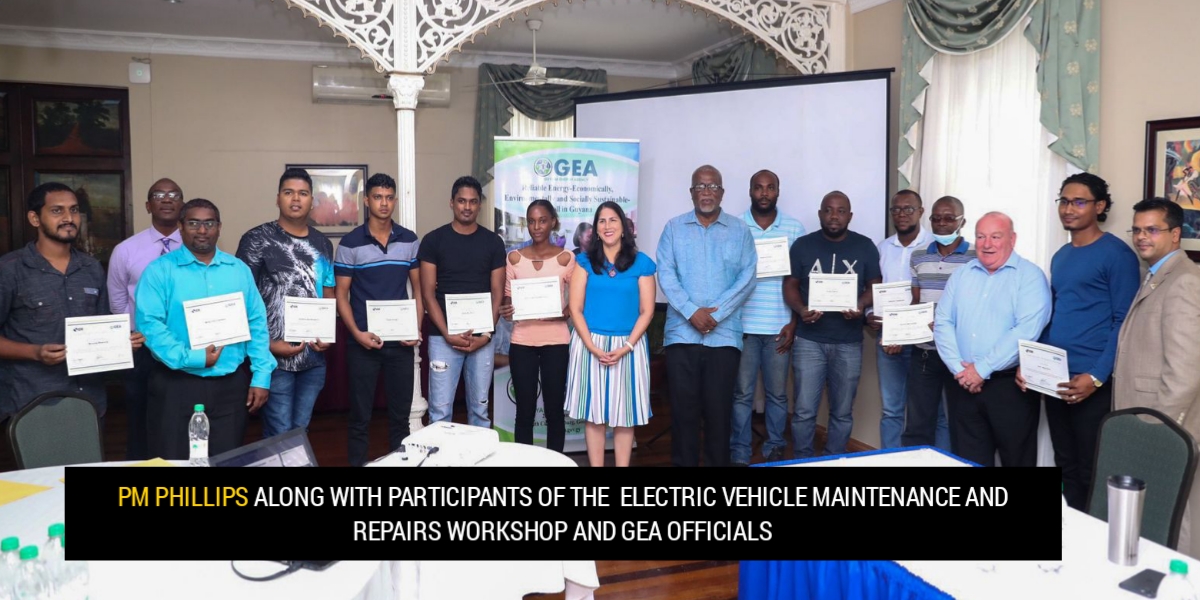Prime Minister, Brigadier (Ret’d), Mark Phillips says that his government will continue to develop the electric vehicle industry to reduce the country’s carbon footprint.
He explained that with Guyana’s drive to significantly slash the price of electricity, having electric vehicles will become very viable.
“While the proliferation of electric vehicles adds a new dynamic for the utility, lower electricity costs will certainly encourage diversification in the transport sector,” he said.
He lauded the Guyana Energy Agency (GEA) Electric Vehicle Maintenance and Repairs Workshop and called it a momentous occasion.
The week-long event was hosted by the GEA, with funding support from the Inter-American Development Bank (IDB) and training facilitated by Mega Power Limited.
Prime Minister Phillips, during remarks at the closing ceremony at Cara Lodge, this afternoon, said that the “workshop is very timely for Guyana as the Government is pursuing low carbon transportation infrastructure to reduce the demand for imported fossil fuels for vehicular transport”.
He emphasised the importance of the training and stated that it is a step in the right direction as the country prepares for the introduction of fast-charging stations for electric vehicles in Regions Three, Four and Six this year.
“Having a cadre of trained and certified mechanics and auto-technicians in electric vehicle maintenance and repairs would give existing and potential vehicle owners additional confidence in the reliability of this technology. Proper maintenance will also ensure the longevity of these types of vehicles in a healthy and safe environment.”
The Prime Minister explained about the importance of adequate human resource capability and said that the Government is committed to developing its human capital.
“As a country, we need to develop our human resources to drive a sustainable energy transition through continuous capacity building, training, public awareness, and education programmes. This workshop has contributed to boosting the country’s human capital to support such a transition.”
Out of 44 persons who applied, 12 persons were selected for this initial workshop.













